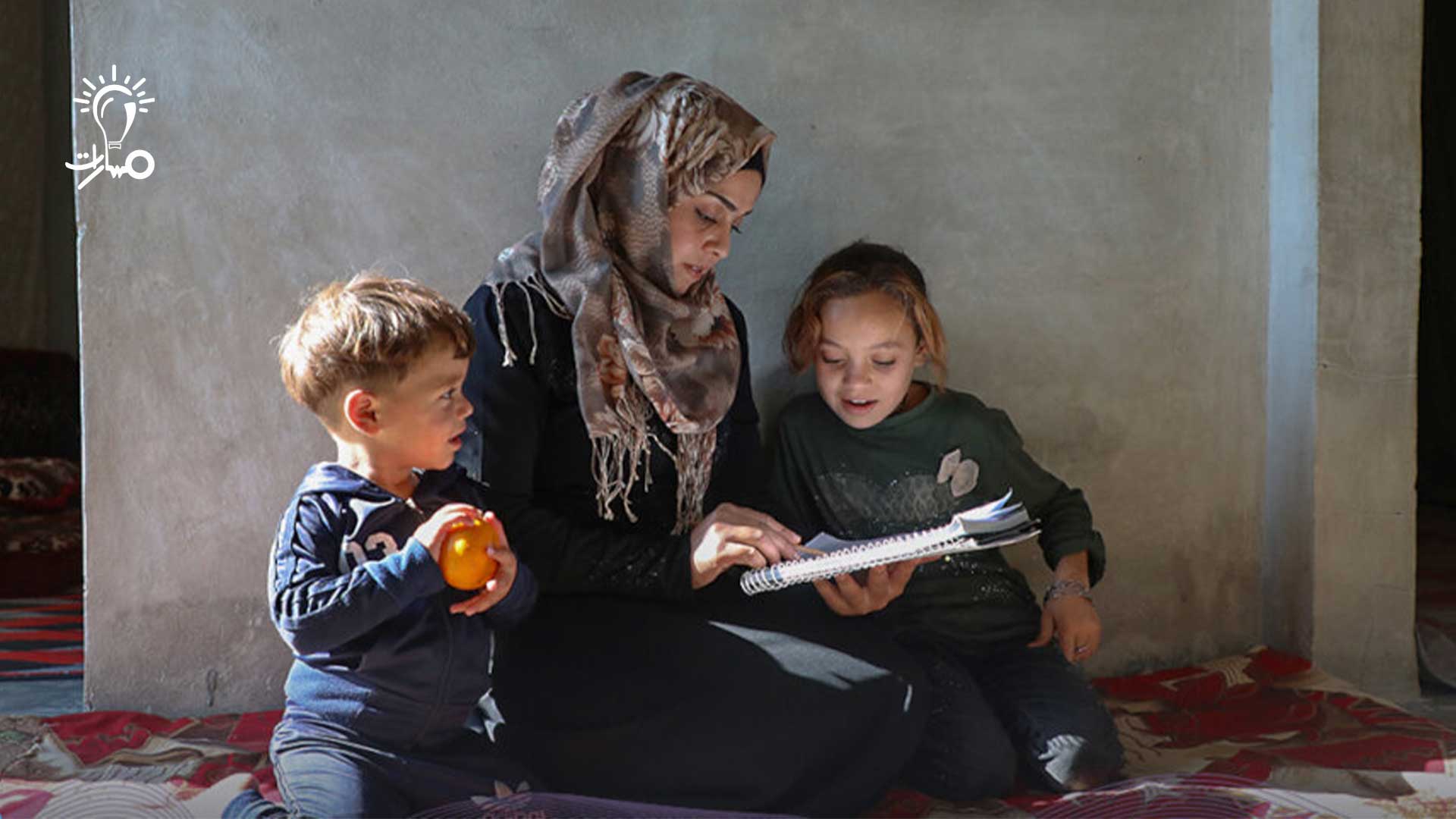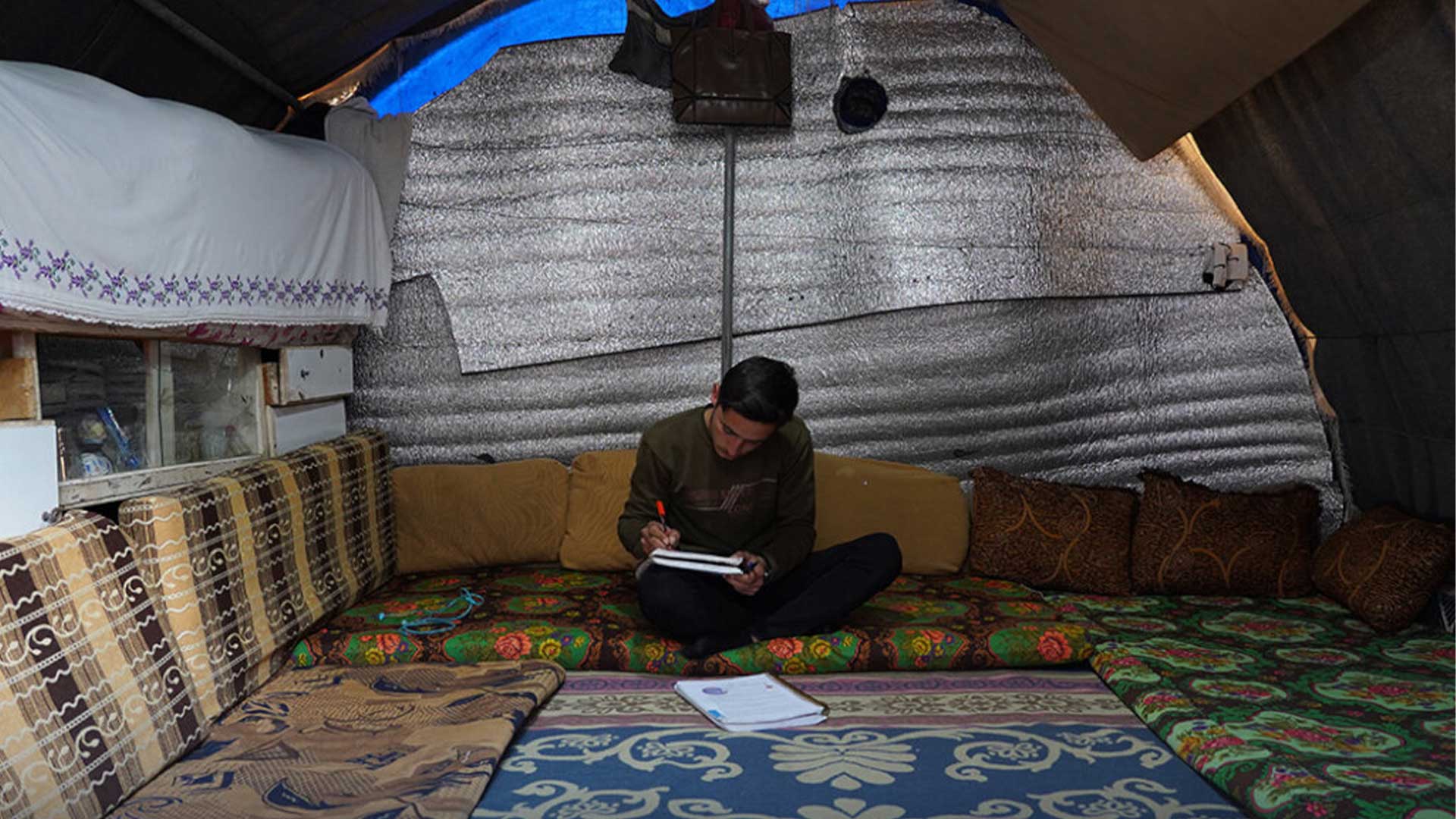An effective team member is someone who is committed and proactive within the work team. They exhibit positive behaviors in the team, contribute and take initiative in achieving team goals, work towards its development, and support other team members. An effective team member is also an initiator, collaborative, resilient, adaptable to various work conditions, and creative in finding solutions to the team’s challenges.
Let me list for you the traits and skills you should possess and focus on to display the spirit of an effective team member:
Firstly: Collaboration Your collaboration with colleagues is crucial in showcasing your seriousness and diligence at work. Therefore, extend a helping hand to those who need it within the team. This builds a strong trust relationship with them, allowing you to spread a positive vibe and boost morale, which benefits the work.
Secondly: Initiative This involves researching and understanding the nature of your work and the tasks required of you. Discover the hidden aspects to be proactive in proposing creative ideas and constructive opinions that help develop the team and serve the work’s interest, making you an effective member who identifies and addresses problems.
Thirdly: Adaptability Your skills, excellence, and talents are manifested in your ability to adapt to different work environments. The professionalism you create through adapting to your surroundings adds an effective touch to your character at work.
Fourthly: Commitment Showing punctuality, accuracy in schedules, consistent presence, and exerting your best effort for the benefit of the work indicates your high sense of responsibility. This further enhances your commitment to delivering the desired outcome of the project you are working on.
Fifthly: Mutual Respect Among Team Members Respect is the cornerstone of building love and affection among team members. As an effective member, mastering this skill is essential for several reasons. Humans are diverse, and this diversity within a single team leads to more creativity and innovation. Respect and appreciation for each member’s effort are crucial.
Sixthly: Attentive Listening Occasional conflicts at work due to work pressures can be alleviated with calm and compassionate conversations. Listening attentively and responding accurately and honestly makes the situation lighter and makes you a beloved and effective member because of your sincerity and genuine interest in others’ viewpoints.
Seventhly: Enthusiastic Communication with Others The way you present and convey your ideas professionally is vital. Only a few people have this skill to speak confidently within a work framework, carrying ideas filled with creativity and passion that serve the work’s interest, regardless of their position in the team.
Eighthly: Reliability Being entrusted with tasks because you are a foundational and essential member of the team is significant. Your conviction in completing work perfectly and respecting the company’s rules and plans is one of your most important roles, including valuing the group’s interest over your personal interest and not missing any opportunity to prove your dedication to the project.
Ninthly: Enthusiasm Your unique style, stemming from your distinctive personality and deep culture and knowledge, drives success. Your continuous encouragement of team members, boosting their morale, proposing suitable ideas, and discussing different methods reaches their minds, motivates them, and brings out their best.
Tenthly: Effective Problem Solving Being chosen as part of an exceptional team, one of the most prominent traits you can exhibit is your approach to problem-solving. You should be a character marked by creativity, evident in your style and methodology in dealing with problems, finding solutions, looking for the root causes, and not just superficially. Analyze and then present solutions that benefit both you and the team and align with the available resources and capabilities.
Eleventh: Readiness Read this carefully because the best thing you can offer is your readiness when needed. This means preparing in advance for all aspects of your work domain and compiling a database you can rely on when needed or in case of an urgent intervention, according to the standards set by the management.
Twelfth: Stability Writing makes your goals clear, so it’s important to pre-write the sequence of events and plan meticulously for any outcome. This approach helps you face emergencies with steadiness, strength, and determination, regardless of the obstacles or difficulties encountered. Also, your in-depth perspective allows you to recognize each team member’s strengths and guide them to their suitable roles to overcome obstacles and achieve the desired result.
Thirteenth: Providing Support and Assigning Tasks to Others Supporting team members is one of the most important factors for success. Therefore, ensure to apply this by offering praise and compliments to everyone. Increasing selfishness among members disturbs the team’s harmony and ends the exchange of creative ideas. To prevent this, initiate support, create a positive atmosphere, boost others’ morale, and consider this one of your direct responsibilities.
Stay tuned for the next article discussing the characteristics and skills of a team leader and different personality types.
Written by Mr. Mahmoud Al-Saloum – Leader of School Education Program at Masarat Initiative





